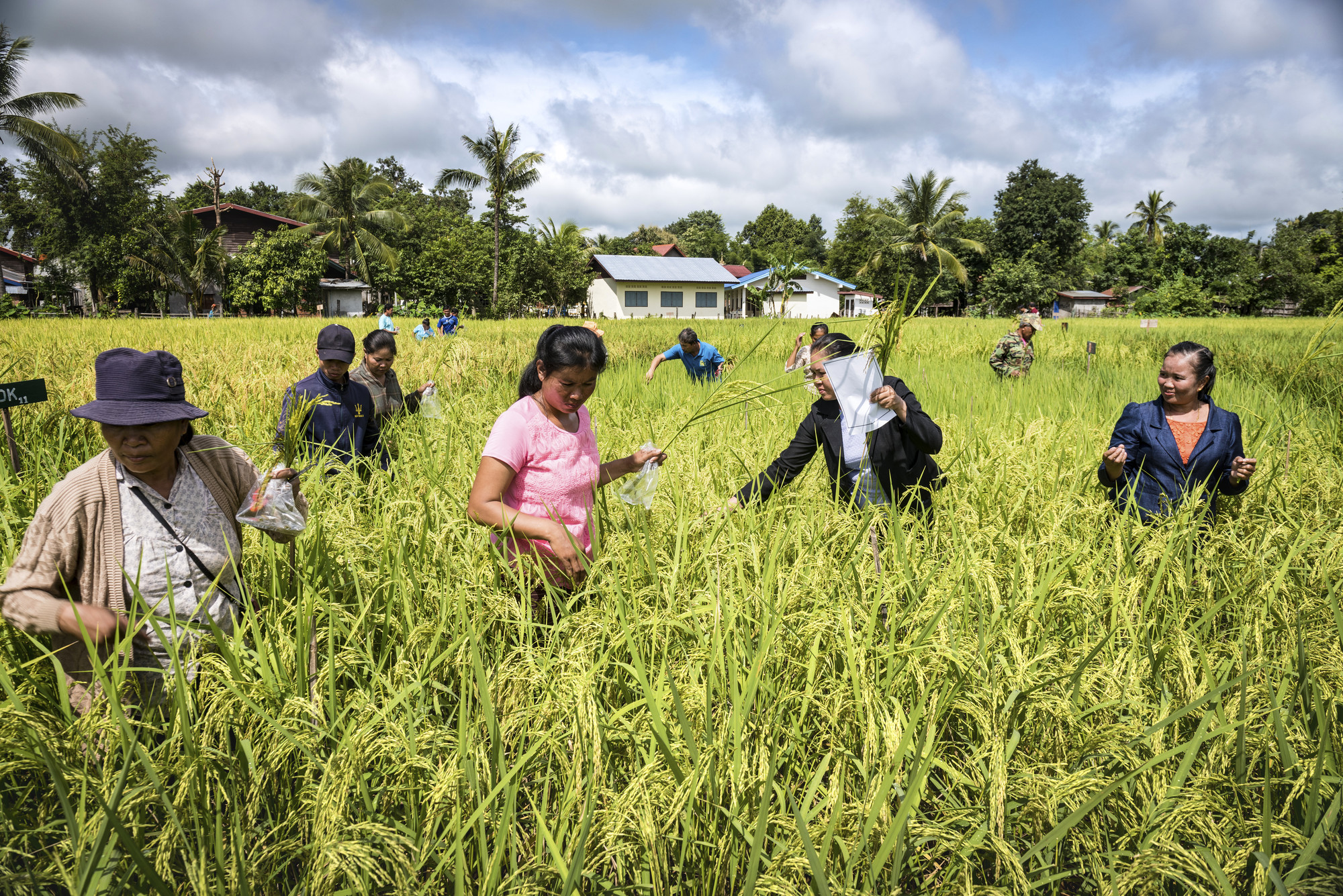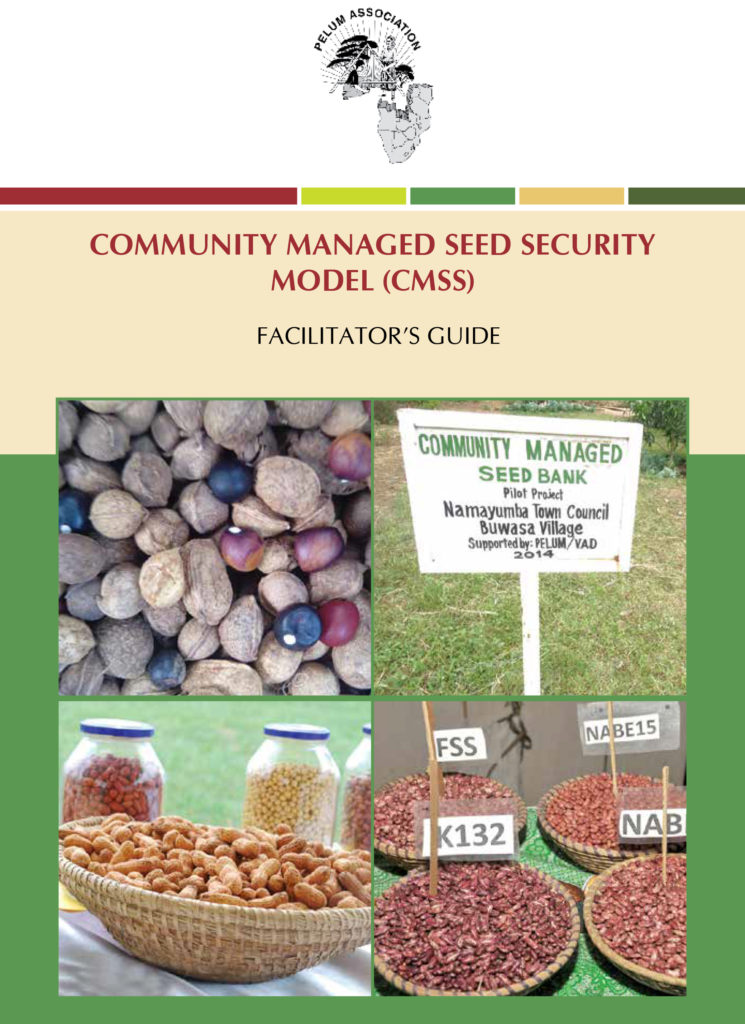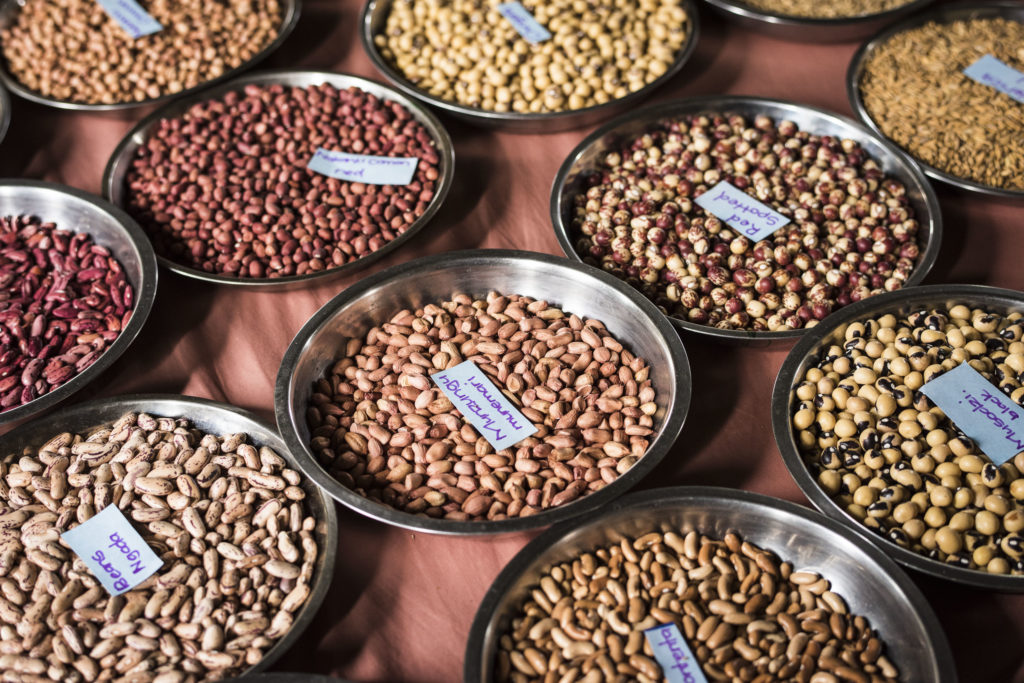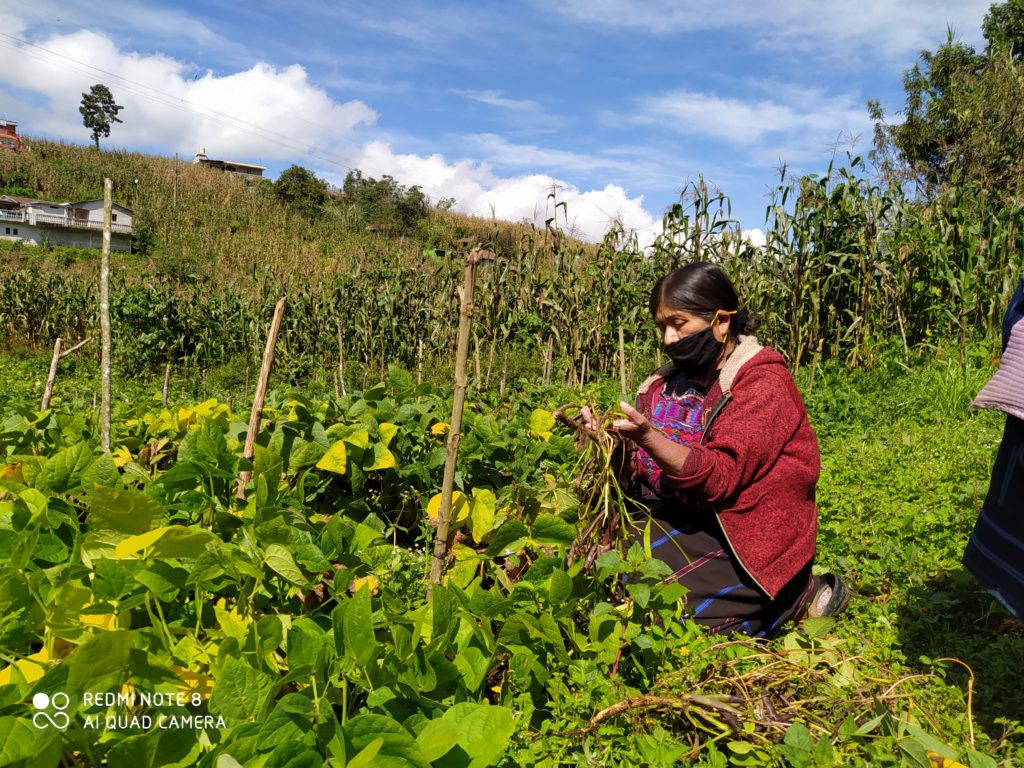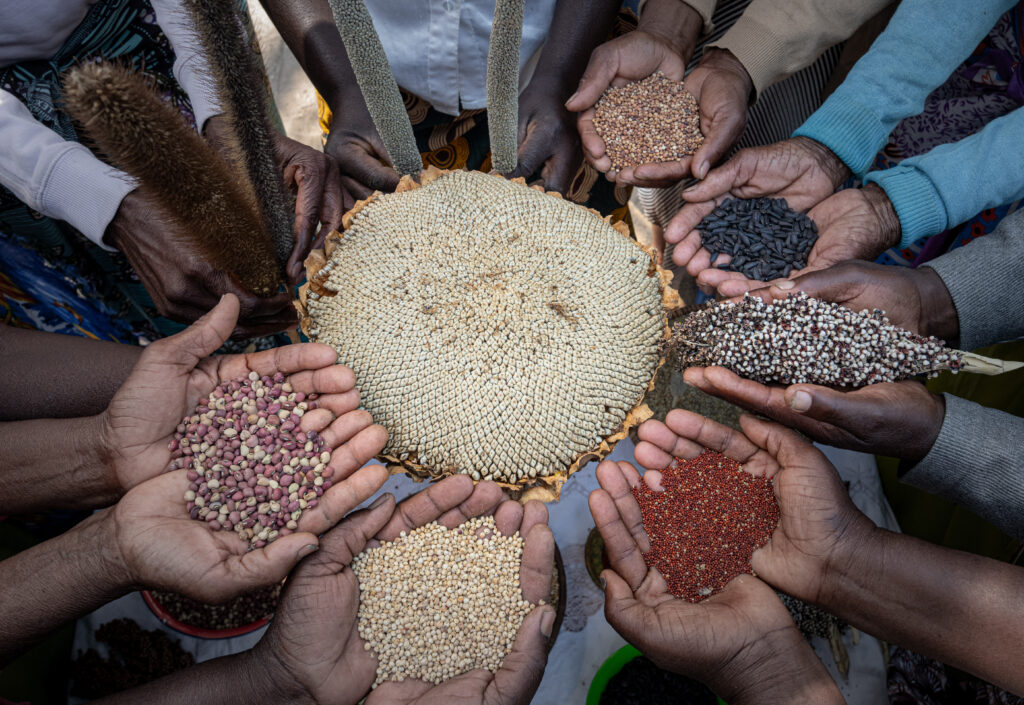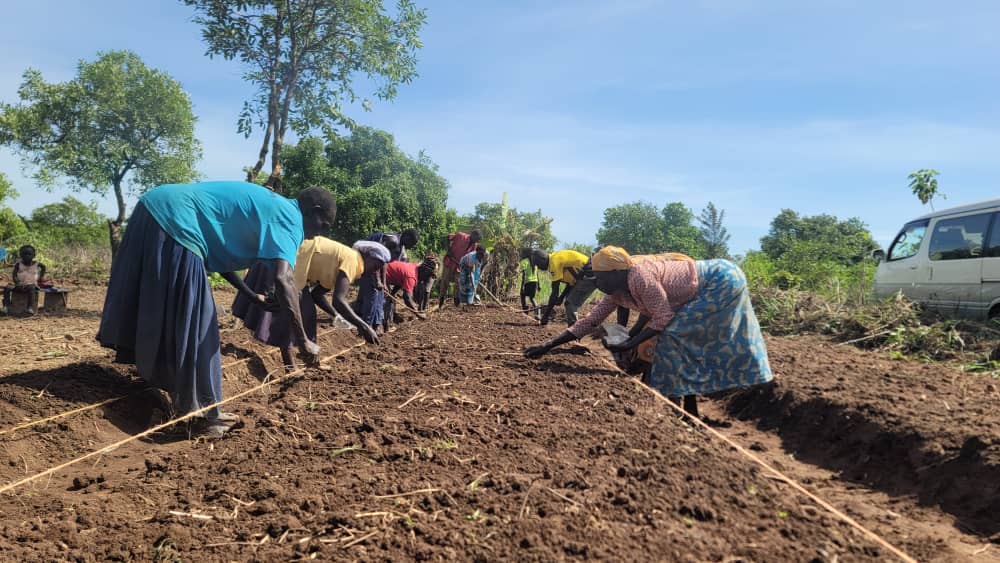For more than three decades, Oxfam Novib has championed the power of smallholder farmers as the world’s original plant breeders. What began in the early 1990s with the Keystone Dialogue Series on Plant Genetic Resources—a groundbreaking forum that united diverse voices around one question, “Can smallholder farmers be breeders?”—has blossomed into today’s Seeds programme.
From Keystone to Community Action
That dialogue spurred the Community Biodiversity Development and Conservation (CBDC) initiative, funded by Sweden, Canada, The Netherlands and Norway. CBDC’s bold experiment: entrust communities themselves with conserving, enhancing and sharing their own crop varieties. Across South-East Asia, Africa and South America, it proved that farmer-led breeding could safeguard biodiversity and bolster food security.
Introducing Seeds
Building on CBDC’s breakthroughs, Oxfam Novib launched Seeds in 2013 (Phase I), with Sida’s support. Since then, Seeds has grown into a global alliance—now in its eighth year of Phase II—partnering with leading NGOs, research institutes and government bodies in eight countries. By weaving together expertise in farmer-breeding, seed quality, nutrition, policy and enterprise development, Seeds amplifies community innovation and spreads resilient, locally adapted varieties.
SD = HS: The Flagship of Seeds
Within the Seeds umbrella, Sowing Diversity = Harvesting Security (SD = HS) stands out as our most recognizable campaign. Launched alongside Seeds’ Phase I, SD = HS has become synonymous with our approach: celebrating seed diversity as the bedrock of resilient livelihoods and healthy ecosystems.
Impact in Numbers
- 1,050 Farmer Field Schools established
- 35,000 smallholder farmers and indigenous people trained (over 50 % women)
- 392 improved varieties selected for climate adaptability
- 200,000 farmers reached directly
Today, Seeds continues to rewrite the story of plant genetic resources—where farmers lead, biodiversity thrives and every seed sown strengthens food security for generations to come.
